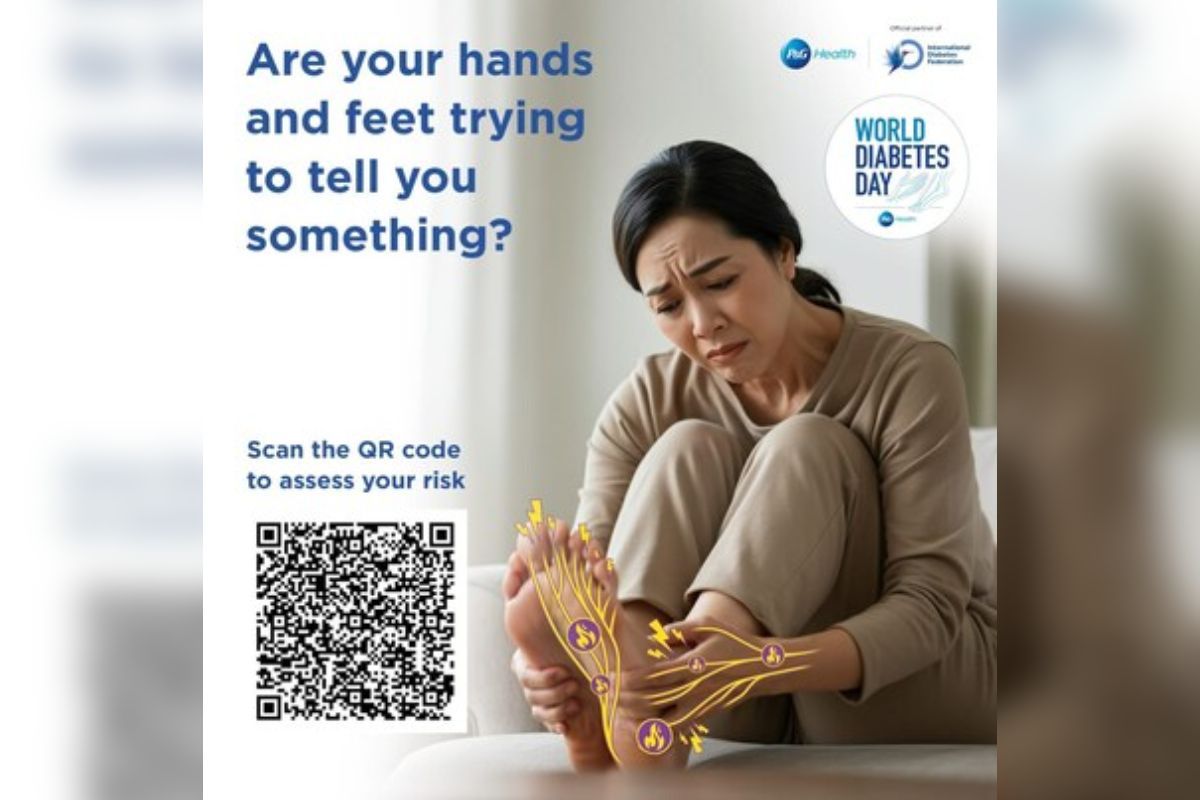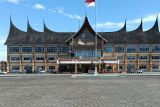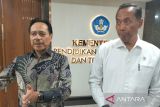Jakarta (ANTARA) - The Ministry of Health is urging the public to utilize the free health screening program, launched to address the triple burden of disease."Regarding the free health screening, which will begin in February this year, a strategy is needed to enhance public awareness," said Rima Damayanti, head of the ministry's primary health service integration working team, during a webinar on Monday.
Indonesia faces a significant challenge with the triple burden of disease, encompassing infectious diseases, non-infectious diseases, and newly emerging infectious diseases, such as Ebola, COVID-19, and H5N1.
The 2023 Indonesian Health Survey (SKI) identified various health problems across age groups.
In infants and preschool children, the stunting rate was 21.5 percent, while wasting was recorded at 8.5 percent. Among schoolchildren and adolescents, the survey found issues such as smoking (7.4 percent), anemia (15.6 percent), and mental health concerns (34.9 percent).
More severe conditions were noted in adults, with obesity at 23.4 percent, hypertension at 30.8 percent, and type 1 diabetes mellitus (DM1) at 1.6 percent.
Baca juga: Govt unveils free health check-up program for all ages in February
"However, health screening efforts remain underutilized. Currently, less than 50 percent—only 39.87 percent—of the population has undergone screening for non-communicable diseases," Damayanti stated.
She highlighted that many individuals over 20 years old have never undergone essential health checks. Data shows that 80.82 percent have never measured their waist circumference, 62.6 percent have not checked their blood sugar levels, 61.6 percent have not checked their cholesterol levels, 36.61 percent have never monitored their weight, and 32.6 percent have never measured their blood pressure.
Baca juga: No special hMPV handling measures at hospitals: minister
Damayanti stressed the importance of early detection and health screening to reduce the severity of diseases, improve treatment outcomes, and enhance the efficiency of healthcare spending.
The health screening will be conducted at 10,000 community health centers and around 15,000 to 20,000 privately owned clinics to serve Indonesia's 280 million residents.
Screening for children under five, adults, and older adults will be carried out on their birthdays. However, for children up to 18 years old, screenings will take place in schools instead of on their birthdays. The government has allocated Rp4.7 trillion (over US$288.5 million) for the program, aiming to reach 60 million Indonesians this year.










